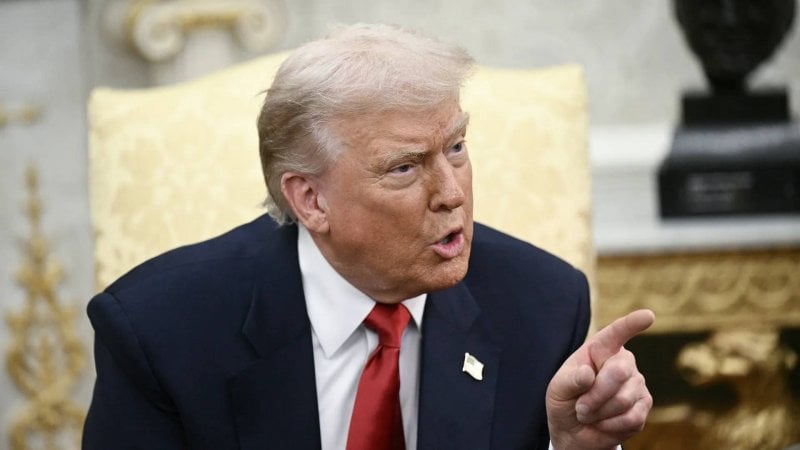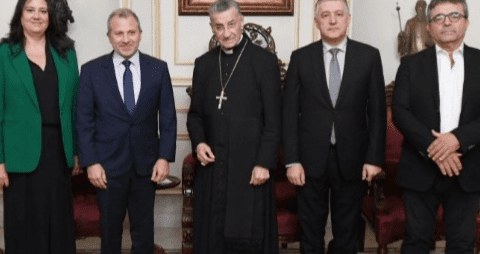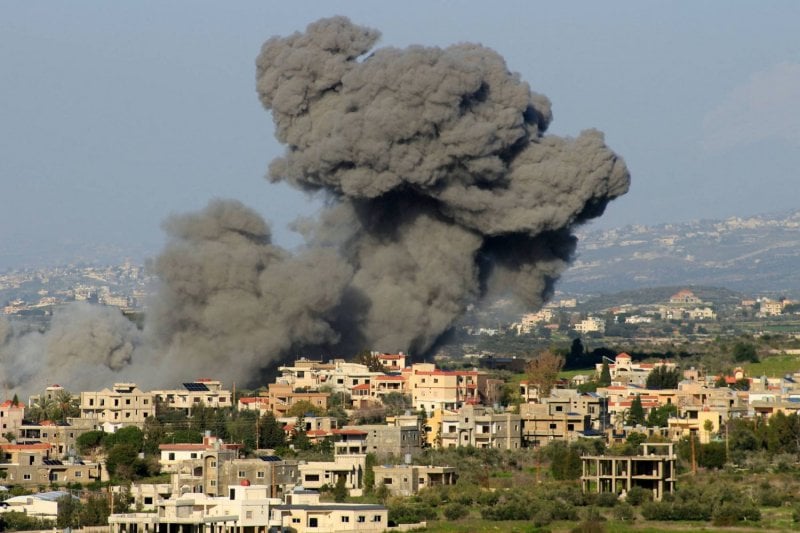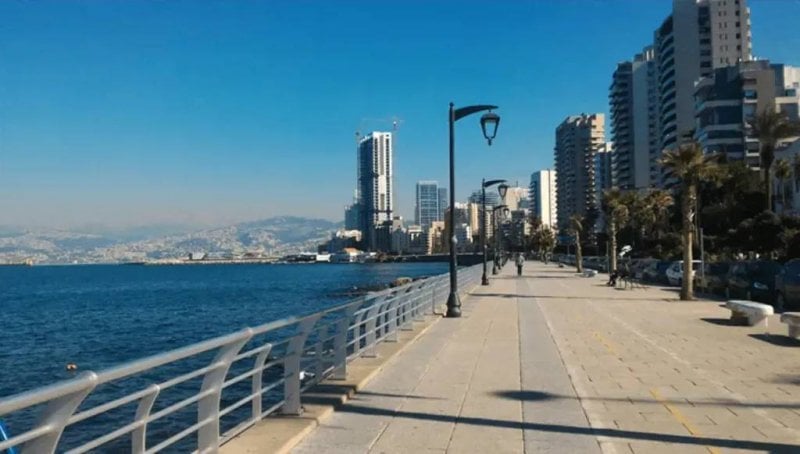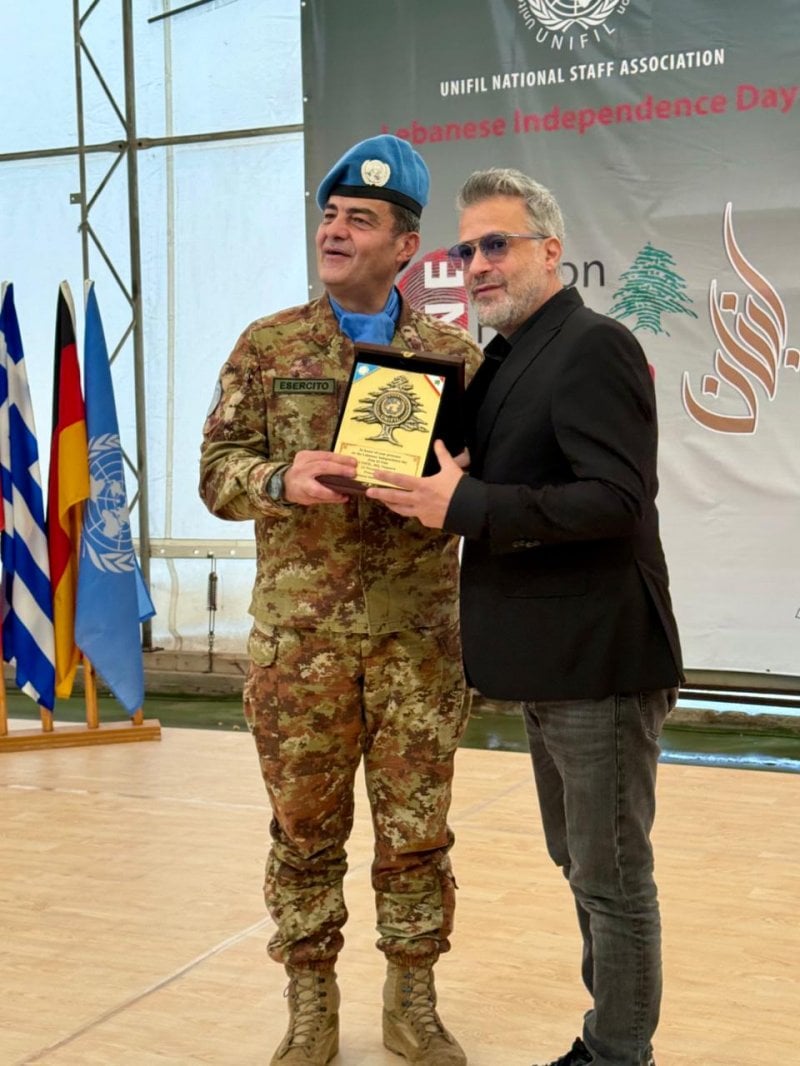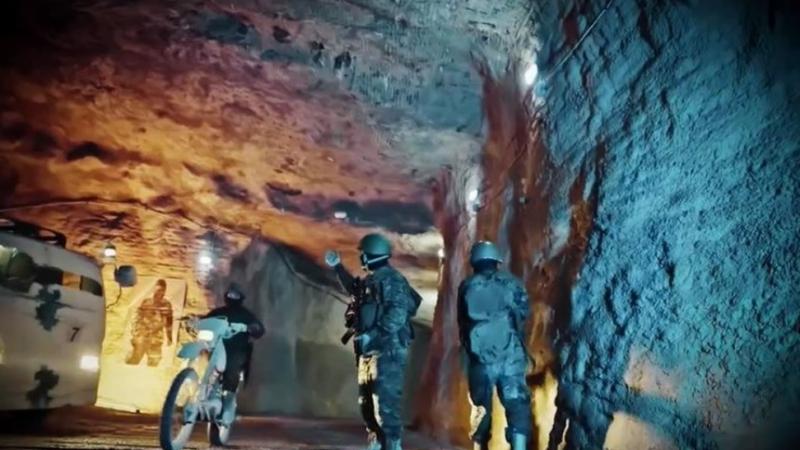
The report explained that the Israeli army continues its military pressure on the party in southern Lebanon, where, on Saturday morning, three Hezbollah fighters were eliminated in separate raids.
“Maariv” mentioned that an Israeli aircraft targeted a vehicle in the village of Ainata, near Bint Jbeil, carrying a member of the “Radwan” force, described as a “local activist in Hezbollah,” according to the expressions of the Israeli military source.
The newspaper pointed out that Israel has not yet definitively confirmed the killing of the target as stated in the Lebanese reports.
Later, the Israeli army, led by Division 210 and using the air force, launched a raid on the Shebaa area in southern Lebanon, announcing the killing of two members of the “Lebanese Brigades,” which it said were operating under the direction of Hezbollah, claiming that the targets were involved in smuggling weapons used by the party.
According to the Israeli report, Hezbollah has been trying in recent days to “change the field reality in the south” by strengthening limited combat movements aimed at modifying the existing understandings with Lebanon, especially in light of the Lebanese government’s intention to confine weapons to the state.
In contrast, the Lebanese Ministry of Health announced in a statement the death of three people and the injury of 11 others, as a result of three Israeli raids targeting civilian cars in towns in southern and eastern Lebanon.
The “Maariv” report indicated that the Israeli army suspects that Hezbollah, despite its eagerness to avoid a comprehensive escalation, may carry out an attack against its forces, explaining that the Israeli army has already begun field preparations for the possibility of confrontation, including defensive and offensive plans alike.
It also revealed that the army has prepared a wide bank of targets that includes multi-story buildings in the southern suburb of Beirut, sites in the Bekaa Valley, and targets north of the Litani River, in preparation for “directing a severe blow to Hezbollah and depriving it of the heavy capabilities it has built over the past decade,” as stated in the report.
In contrast, Hezbollah affirms its full commitment to a ceasefire, calling on the Lebanese government and the international parties guaranteeing the truce agreement that began in late November 2024 to pressure Israel to stop its repeated violations.
According to the spokesperson for the United Nations Interim Force in Lebanon (UNIFIL), Danny Ghfri, the Israeli army carried out more than 7,000 aerial violations and 2,400 field activities north of the Blue Line, which he considered a “source of great concern” for the peacekeeping mission.
This escalation comes at a time when the Lebanese arena is witnessing increasing political and security tension, after Prime Minister Nawaf Salam announced the assignment of the army to prepare a plan to confine weapons to the state before the end of the current year.
In contrast, “Hezbollah” considered the decision a “clear constitutional violation,” stressing that it “will deal with it as if it does not exist,” and that maintaining the strength of the resistance is one of the elements of Lebanon’s strength.



